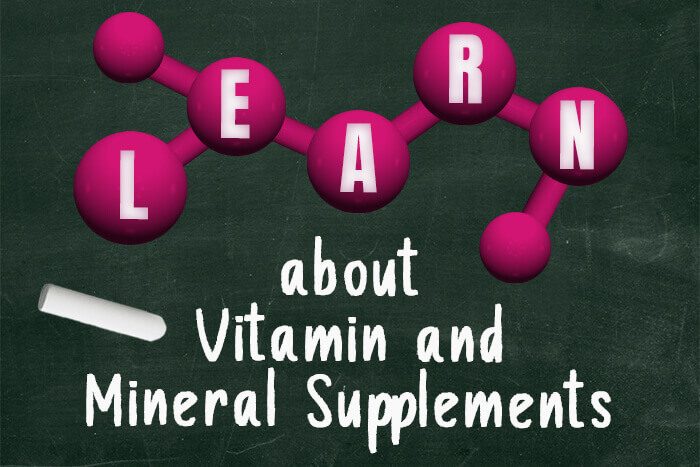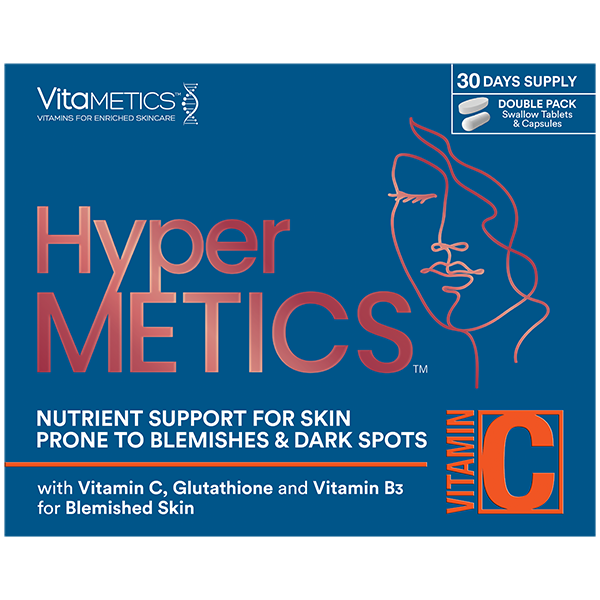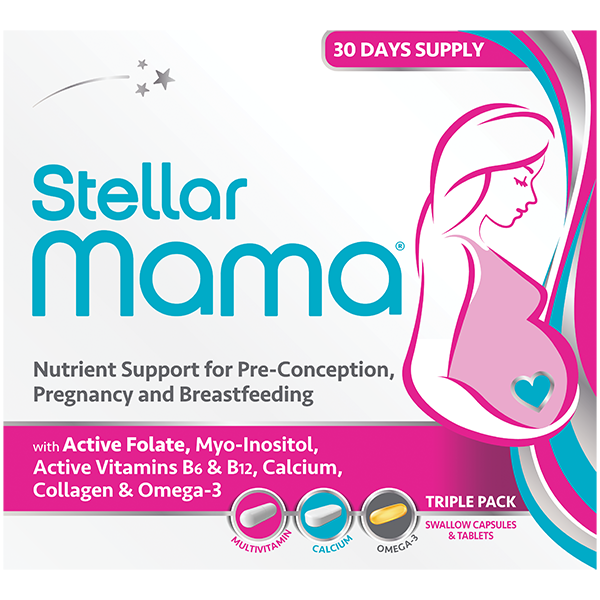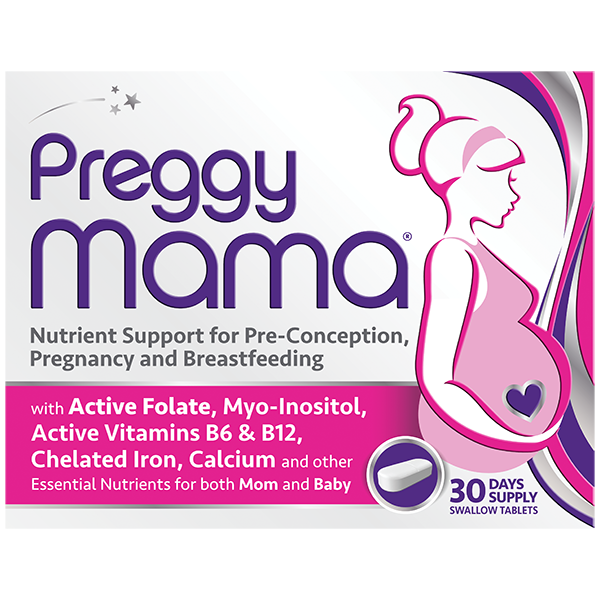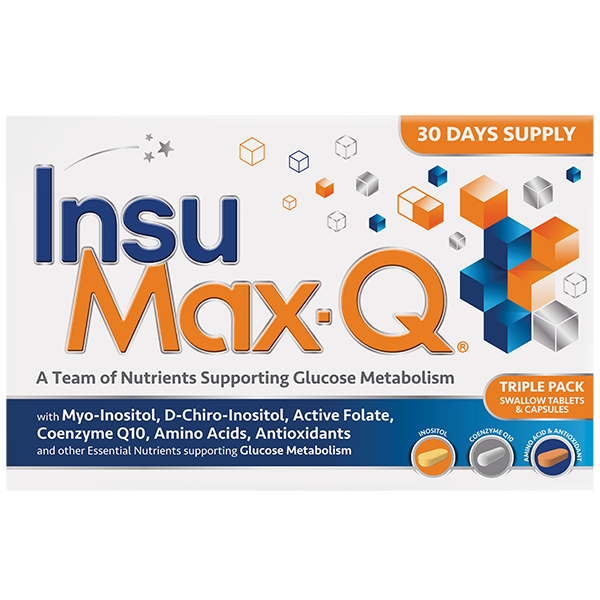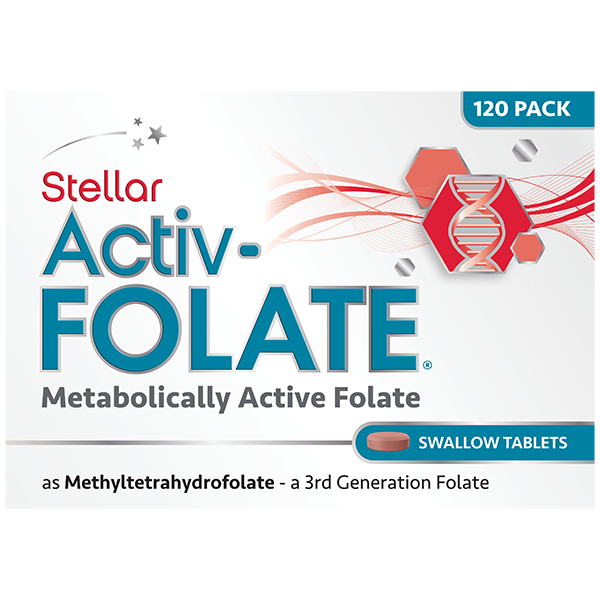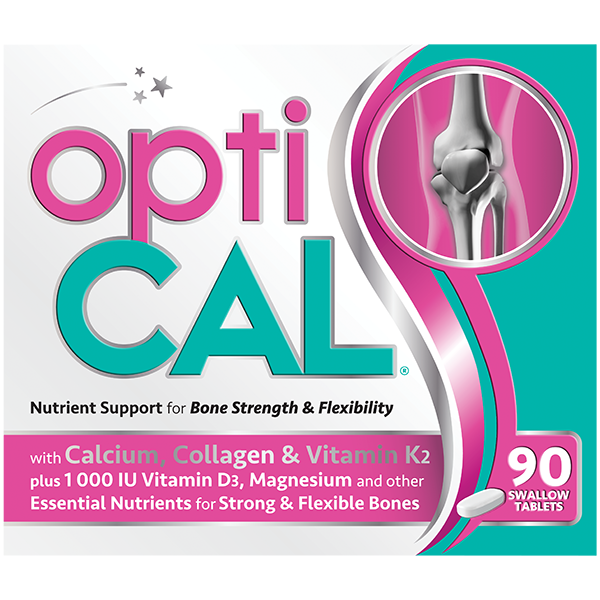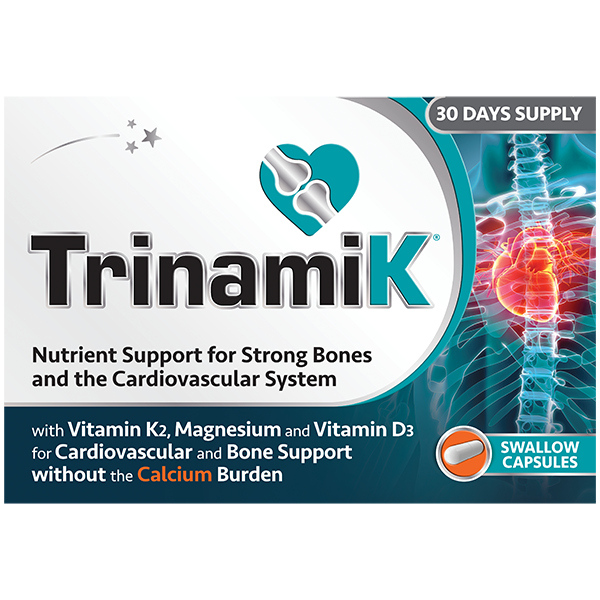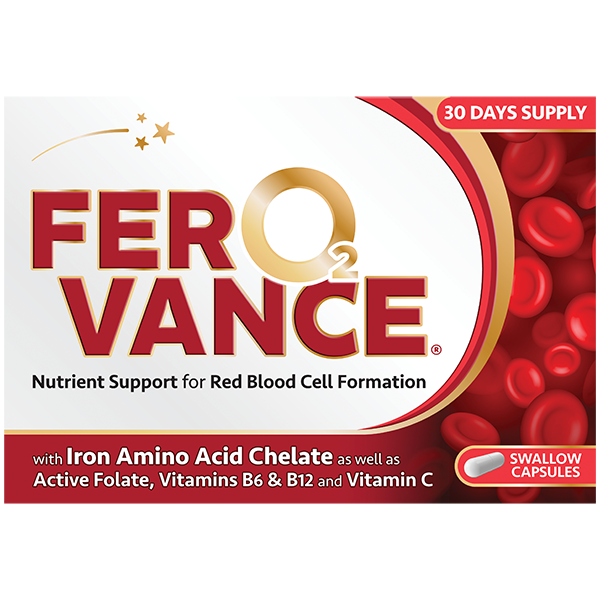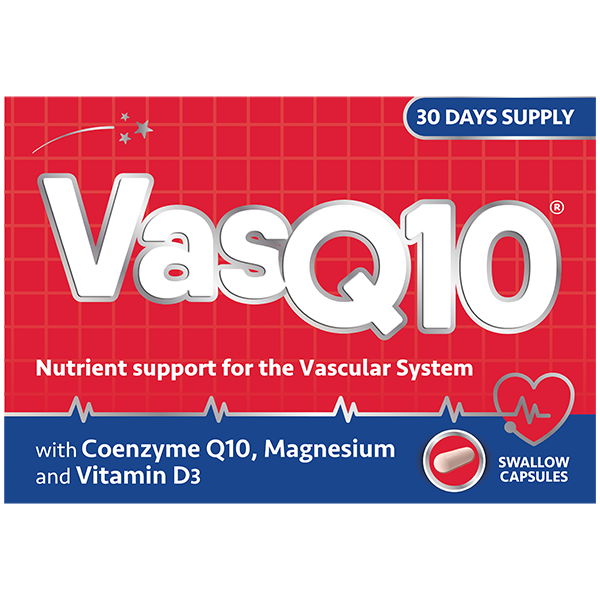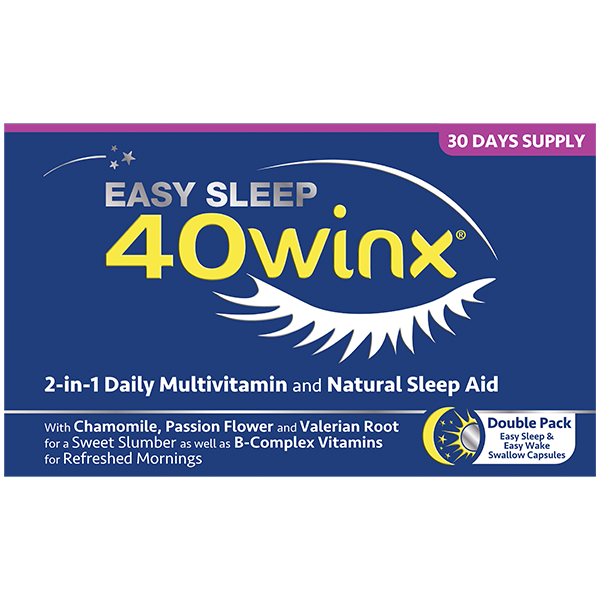FREE SHIPPING FOR ORDERS R500 OR MORE
FREE SHIPPING FOR ORDERS R500 OR MORE

Insulin Resistance Treatment
InsuMax-Q
Home | Product Ranges | Insulin Resistance Treatment
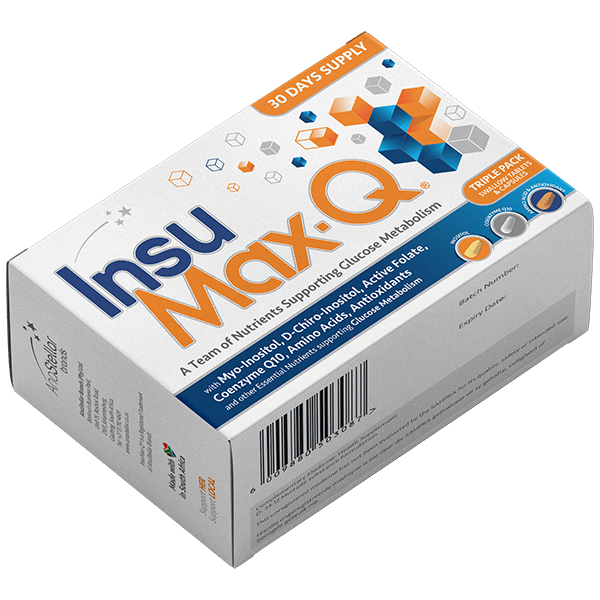

Nappi Code: 723593001
Bar Code: 6009880503087
incl. 15% VAT
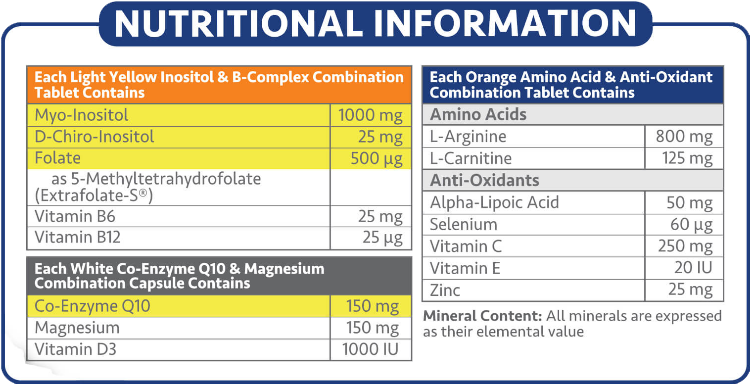
Each InsuMax-Q pack contains a 30-day supply of the 3 Components:
- 30 x Inositol and B-Complex Combination Tablets
- 30 x Coenzyme Q10 and Magnesium Combination Capsules
- 30 x Amino Acid and Antioxidant Combination Tablets
Take one Yellow Tablet in the Morning with Breakfast
Take one White Capsule at Night with Dinner
Take one Orange Tablet at Night with Dinner
Treatment for Insulin Resistance
Insulin Resistance is characterised by abnormal high levels of the hormone Insulin found in the blood. Cells of the body normally absorb glucose with the help of Insulin. When cells don’t respond normally to Insulin, your pancreas produces even more Insulin, to “force” the cells into responding. When Insulin levels rise, other hormonal changes can lead to increased appetite and decreased fat burning, which lead to weight gain.
You will not be able to tell that you have Insulin Resistance by the way you feel. You’ll need to get a blood test that checks your blood sugar and insulin levels. Some signs of Insulin Resistance include:
- A waistline over 101.6 cm in men and 88,9 cm in women
- Blood pressure readings of 130/80 or higher
- A fasting glucose level over 100 mg/dL
- A fasting triglyceride level over 150 mg/dL
- An HDL cholesterol level under 40 mg/dL in men and 50 mg/dL in women.
Why choose InsuMax-Q and what are the benefits?
InsuMax-Q contains 3 components:
Component 1 is an Inositol and B-Complex Combination Tablet that contains a combination of Myo-Inositol and D-Chiro Inositol (40:1), Active Folate and B-Complex vitamins.
- Myo-Inositol and D-Chiro Inositol in a 40:1 ratio which mimics the plasma physiological ratio of these nutrients in the cells required for aiding the fight against Insulin Resistance.
- Using Myo-Inositol and D-Chiro Inositol in a 40:1 ratio may decrease the time taken to get results compared to using Myo-Inositol alone, and it also lowers the dosage of Myo-Inositol required.
- Myo-Inositol is an insulin sensitiser and is involved in cellular glucose uptake. D-Chiro Inositol is an insulin sensitiser and is involved in glycogen synthesis.
- Metabolically Active Folate (as 5-Methyltetrahydrafolate) that does not need to be broken down by the body through a complex enzymatic metabolic process like conventional synthetic Folic Acid. This means that it is ready to be used by the body immediately. It is 7x better absorbed than synthetic Folic Acid.
- The Methylation Process requires Vitamin B6 and Vitamin B12.
Component 2 is a Coenzyme Q10 and Magnesium Combination Capsule that contains Coenzyme Q10, Magnesium, and 1000 IU of Vitamin D3.
- Coenzyme Q10 is a powerful Antioxidant which plays a critical role in intracellular energy production in the mitochondria (ATP production)
- Vitamin D plays a key role in glucose regulation, notably in decreasing insulin resistance. Low levels of vitamin D have been negatively correlated with the incidence of Type 1 and Type 2 Diabetes
- Magnesium plays a key role in regulating insulin action, insulin-mediated-glucose uptake, and vascular tone
Component 3 is an Amino Acid and Antioxidant Combination Tablet that contains Amino Acids and Antioxidants.
- The Amino Acids L-Arginine and L-Carnitine are the precursors for the synthesis of proteins which are the building blocks of the body
- L-Arginine is a stimulator of Growth Hormone (GH) secretion. GH stimulates the production of insulin-like growth factor 1 (IGF-1), which acts as an anabolic hormone by increasing protein synthesis
- L-Carnitine aids in weight loss and building of lean muscle mass
- Antioxidants such as Vitamin E, Vitamin C, Alpha Lipoic Acid, Selenium and Zinc which helps to maintain immune function and are factors in the maintenance of good health.
InsuMax-Q is Sucrose Free and contains no artificial sweeteners. It is also lactose, gluten, and tartrazine free.
InsuMax-Q is suitable for use by vegetarians and vegans.
InsuMax-Q is Halaal certified.
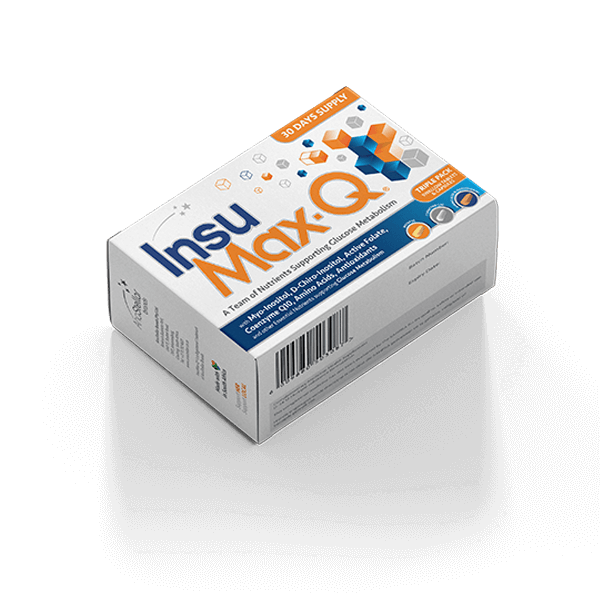
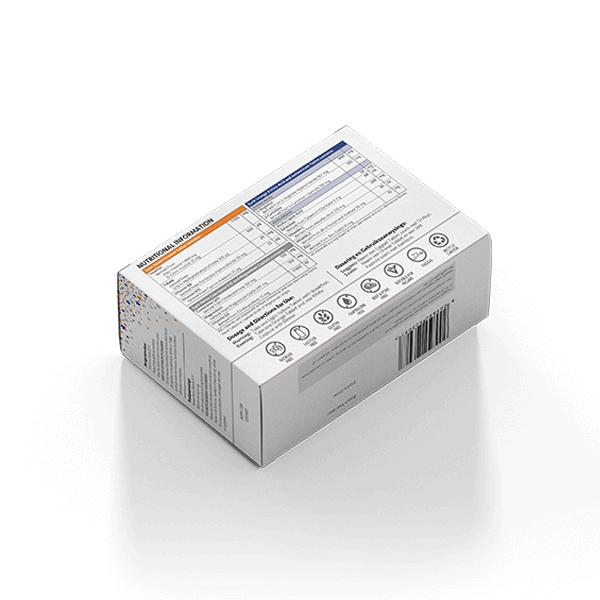
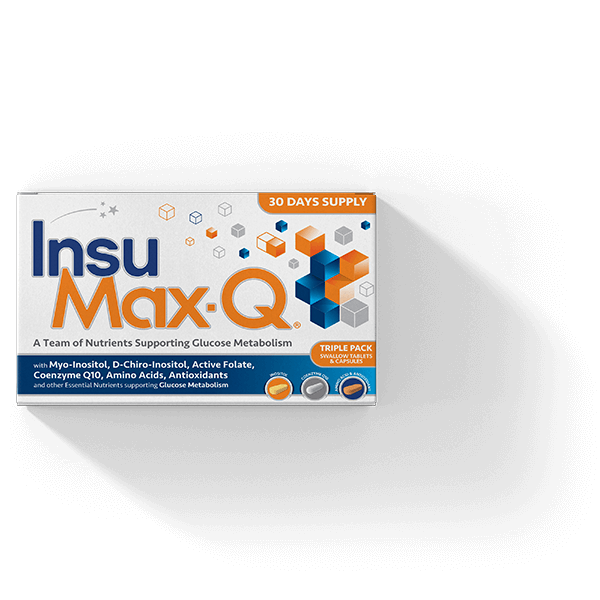
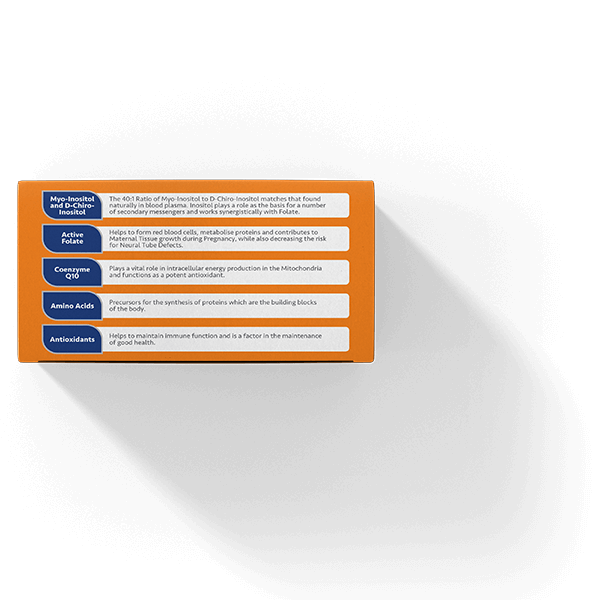
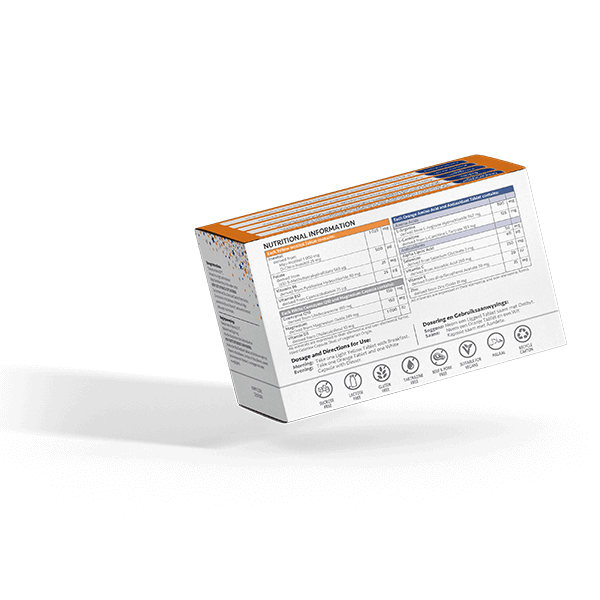
Frequently asked Questions
Metabolic Syndrome is a medical term for a group of risk factors namely high blood pressure, high blood sugar, unhealthy cholesterol levels, and abdominal fat. The symptoms of Metabolic Syndrome would be any three or more of these risk factors together.
To be diagnosed with Metabolic Syndrome you need to present with three or more of the following characteristics (this also includes if you are taking medication to manage any one of these characteristics):
Abdominal Obesity
High Triglyceride Level
Low HDL Cholesterol Level
High Blood Pressure
High Fasting Blood Sugar
When a person has Metabolic Syndrome, it can be an overall indication of an unhealthy lifestyle which can be caused by:
Obesity
An inactive lifestyle
Insulin resistance
Age – your risk goes up as you get older
Genetics – ethnicity and family history
Insulin Resistance is characterised by abnormal high levels of the hormone Insulin found in the blood. The cells in your muscles, fat, and liver don’t respond well to Insulin and can’t use glucose from your blood for energy. To compensate for this your pancreas makes more Insulin and eventually your blood sugar levels will rise.
Under normal circumstances Insulin rises briefly after eating a meal as the body’s response to Glucose Metabolism. The liver and muscles are stimulated to take up sugar from the blood and convert it to energy. That will then cause blood sugar levels and blood Insulin levels to decrease. With normal insulin sensitivity, both sugar and Insulin levels will appear normal on a fasting blood Glucose Test.
When someone has Insulin Resistance, their blood sugar levels may be normal, but their blood Insulin levels are high. The pancreas oversecretes Insulin to try and get its message through to the cells of the body to function. Too much Insulin generates inflammation and causes weight gain which can lead to Type 2 Diabetes and heart disease.
Excess Insulin is also an underlying physiological driver of Polycystic Ovary Syndrome (PCOS).
You will not be able to tell that you have Insulin Resistance by the way you feel. You’ll need to get a blood test that checks your blood sugar and Insulin levels.
Polycystic Ovary Syndrome (PCOS) is the most common endocrine disorder in women during their reproductive years and the single most common cause of infertility in women. The main features of PCOS include hyperandrogenism, ovulatory dysfunction and polycystic ovarian morphology.
Polycystic ovary syndrome (PCOS) seems to be a collection of unrelated symptoms affecting your menstrual cycle, fertility, appearance, and weight. Unlike many disorders, you are able to improve PCOS by implementing the correct measures to manage the causes. Recognizing the symptoms of PCOS early and working on improving insulin resistance through diet and exercise can help prevent complications of PCOS, including infertility.
PCOS is described as a syndrome rather than a disease because it shows up as a group of signs and symptoms that can occur in any combination.
Doctors don’t know exactly what causes PCOS. They believe that high levels of male hormones prevent the ovaries from producing hormones and making eggs normally.
Genes, insulin resistance, and inflammation have all been linked to excess androgen production.
No, Insulin Resistance and Diabetes are not the same. When you have Insulin Resistance, your pancreas needs to make extra Insulin. For a while, this will work, and your blood sugar levels will stay normal. Over time, your pancreas won’t be able to keep up. If you don’t make changes in the way you eat and exercise, your blood sugar levels will rise until you have prediabetes. If you can’t manage prediabetes, you could be diagnosed with Type 2 Diabetes later.
Insulin Resistance is characterised by abnormally high levels of Insulin found in the blood.
Under normal circumstances Insulin rises briefly after eating a meal as the body’s response to Glucose Metabolism. The liver and muscles are stimulated to take up sugar from the blood and convert it to energy. That will then cause blood sugar levels and blood Insulin levels to decrease. With normal insulin sensitivity, both sugar and Insulin levels will appear normal on a fasting blood Glucose Test.
When someone has Insulin Resistance, their blood sugar levels may be normal, but their blood Insulin levels are high. The pancreas oversecretes Insulin to try get its message through to the cells of the body to function. Too much Insulin generates inflammation and causes weight gain which can lead to Type 2 Diabetes and heart disease.
You will not be able to tell that you have Insulin Resistance by the way you feel. You’ll need to get a blood test that checks your blood sugar and Insulin levels.
Some signs of Insulin Resistance include:
- A waistline over 101.6 cm in men and 88.9 cm in women
- Blood pressure readings of 130/80 or higher
- A fasting glucose level over 100 mg/dL
- A fasting triglyceride level over 150 mg/dL
- An HDL cholesterol level under 40 mg/dL in men and 50 mg/dL in women




